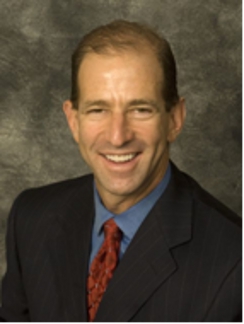
Advocating For Children with Special Needs, An Overview


SHARE
FULL STORY
SHARE
White Plains, NY (Law Firm Newswire) September 13, 2013 – Parents or caregivers of children with special needs are best able to pursue those children’s educational interests when working as their advocate.
There are numerous areas in which an advocate should be competent in order to be knowledgeable about the services and systems available.
What does an advocate need to know? They should be able to accurately read evaluations of the student and write measurable individualized educational program (IEP) goals, based on the evaluations of the student’s current levels of performance. They should also have a depth of understanding regarding the curriculum standards for each grade and age in the state in which the child resides, as well as the different types of tests the child are given and what they measure. The advocate should know about special education disabilities and the research-based methodologies used to determining those disabilities.
There are multiple online resources available for advocates who wish to pursue more instruction, including: the National Center for Learning Disabilities; each state’s Department of Education; the US Department of Education; Association of Specialists in the Assessment of Intellectual Functioning; Autism Society of America; Learning Disabilities Association of America; and the International Dyslexia Association.
An unfortunate truth is that while educators and administrators strive to work in the best interests of children, not everyone may be fully informed, fully competent or fully engaged in upholding the rights and needs of children with special needs, as it can mean extra time and effort in a complex bureaucracy. As part of the educational approach for a child with disabilities, the advocate should be well-versed on the general education and transportation laws in their state and the contents as they pertain to the child’s rights of No Child Left Behind, The Americans With Disabilities Act, Section 504 and the Education of Children with Disabilities. An advocate should also be able to find and contact area resources, such as evaluators, special needs attorneys, private providers and other external advocates, as needed.
Learn more at http://www.specialneedsnewyork.com/
